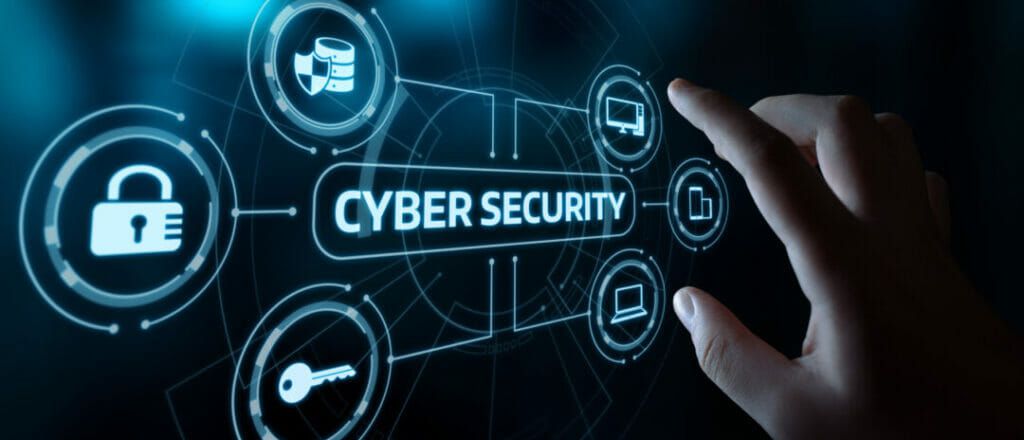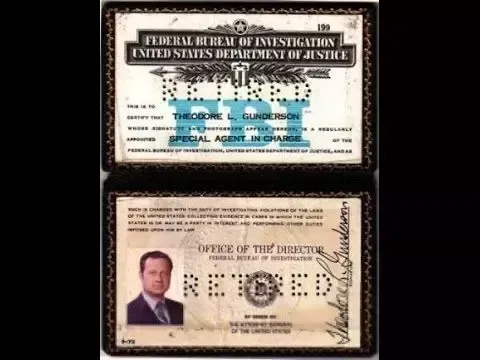Basic Online Security for Special Agents

There will always be a need to balance convenience with security countermeasures. Here are a few practical tips that I recommend for all past, present and future law enforcement officers. Folks in this profession should take the protection of their personal data very seriously, as identity theft, defendants, private investigators, defense attorneys, and foreign intelligence services routinely seek this information to investigate law enforcement personnel. I personally employ every single one of the below countermeasures as I believe they are basic steps in furtherance of my personal security. Nothing listed below is *foolproof* but it does help you get one step ahead. Companies collect so much data that it has become almost impossible to hide from their collection efforts, however, you can confuse them by taking some calculated steps and cause misdirection for any bad actors seeking to locate your personal information.
- It is highly recommended that everyone freeze their credit profiles. Credit card companies collect the most up-to-date address information and a freeze will help limit this exposure. This credit freeze is now a FREE service that is provided by all three major credit bureaus. The additional benefit of a credit freeze is that your identity cannot be stolen and maliciously used to obtain credit cards (which is often the primary purpose of stealing identities). The major credit bureaus rarely share this tidbit and instead try to push various "credit monitoring" services, which offer some value, but are *after-the-fact* tools (not to mention costly over time). In my opinion, if you freeze your identity, you don't need to pay for credit monitoring as this freeze is a preventative measure. When you need to have a credit check run by a third party (i.e. auto-loan), you simply login and "unfreeze" your credit for the required number of days. I have used the credit freeze system for over 18+ years and it has been the most effective preventative tool in my arsenal.
- Experian Security Freeze Center Direct Link
- Equifax Security Freeze Center Direct Link
- Transunion Security Freeze Center Direct Link
- The data gathered by *private* companies is among your biggest security vulnerability. One of the most lucrative and commonly sold data points are your physical and mailing addresses. For that reason, I strongly advise you to use a virtual mailbox that receives your routine mail, opens it, and sends a PDF scan to your email address. You can then choose to either have it shredded or forwarded to your actual address. This is another way to help confuse the digital bots and avoid having junk mail sent to your home.
- I have personally been using Traveling Mailbox for over 5+ years. It is fairly affordable with three price points based on volume (lowest starts at $15 monthly). I chose a *Premium Address* near my actual physical address for a few bucks more a month. The provided address also looks like an apartment number so it is accepted by all companies. Virtually 90% of my mail is shredded and does not need to be forwarded.
- I have NEVER given my personal address to any corporation and instead refer them to this Traveling Mailbox. My bank accounts, mortgage & car loans, credit cards and even utilities all list this mailing address. Over time, I noticed that this mailing address now shows up as my most current address on common Internet searches and even in Tier One commercial databases (i.e. Lexis/Nexis).
- Even my driver's license and car registrations are sent to this address.
- You should never give out your actual personal email account for purchases. Instead, I recommend you generate and use "Email Aliases" for various functions. For example, an email alias such as "bobsreceipts@live.com" could be used for all purchases, which is then automatically forwarded to your personal email account. Similarly, a separate alias should be used for utilities, job applications and medical records. You can have multiple email aliases for most accounts.
- If at all possible, I would place all utilities (including cell phone) in your spouse's name, with no association to your own last name. Utilities (especially gas & electric) are usually an accurate source of location information. By using your spouse's name (especially a maiden name), it further puts "digital distance" between you and your physical address.
Everybody has an Amazon account in the 21st Century, which is connected to your physical address. If possible, use a profile linked to your spouse OR if that is not an available option; always send packages to a "3rd Party Profile Address." For example, you can create a profile address for "Bob Smith" at your actual physical address (i.e., 489 Dodge Way, New York, NY) and still have all your regular packages sent to your home. This way your true name is not regularly linked to your physical address. Remember, Amazon sells this address data, just like all the other companies!
- The two primary First Tier data aggregators are Lexis/Nexis and Thomas Reuters. These collect the most high quality data from several sources (i.e. credit bureaus) and sell it to various customers, such as landlords and private investigators (which are used by defendants and criminal organizations). I would recommend that you go to their Opt Out sections and ask to be removed (Note: Above links will take you directly to their Opt Out pages).
- There are several second tier data aggregators (i.e. Intelius, Spokeo, Peek You, etc.) that similarly collect data, but not from as many sources as the Tier One companies. Either way, sometimes their data can be spot on as well and needs to be removed. I recommend that you attempt to "opt out" of their sites as a general precaution.
- Intelius Opt Out
- Archives Opt Out
- Been Verified Opt Out
- PeekYou Opt Out
- Radaris Opt Out
- Spokeo Opt Out
There are numerous additional online data collectors/brokers (i.e. Sply Fly, White Pages, US Phone) that also collect your personal information. My advice would be to do a Google Search on yourself, see what pops up, and then go to their various Opt Out pages to remove the sensitive information.
- Social media (i.e., LinkedIn, Facebook, Instagram) are rich sources of information. All of these sites have convoluted privacy settings but it is definitely worth taking the time to figure them out. One of your most important devices to check are the privacy settings on your personal cell phone (i.e. installed applications).
- If you are a current federal law enforcement officer, I encourage you to read the Digital Exhaust Opt Out Guide - Online Link, which was posted on the open web by an unknown person. This is an exhaustive guide developed by FBI to protect law enforcement officers and their families; and is geared towards extreme counterintelligence measures. Take the precautions you believe are necessary for your situation.
- Opt Out Prescreen is the official Consumer Credit Reporting Industry site and allows you to opt out of pre-approved offers. This will help reduce junk mail and avoid re-circulation of your address data.
- National Do Not Call Registry is another Opt Out option which helps take your personal phone number out of regular circulation. This does not mean that it will stop all (or even most) spam calls, instead, it takes your phone number out of commission from the legitimate telemarketing companies (which also sell that data point to third parties).
I would also note certain agencies that routinely deal with classified information and/or work in the counterintelligence realm (i.e FBI, DSS, OSI, NCIS, etc.) face a significantly higher online security threat. Applicants to those agencies should pay more attention to the above referenced Digital Exhaust Guide.
The above tips are by no means exhaustive but merely some basic steps you can take to get semi-serious about your personal data security. Ideally, you don't want a criminal or foreign intelligence service to simply do a Google search and find your current home address. An adversary should be thoroughly confused as to your true whereabouts and need to spend significant time, money and effort to physically locate you and your family members. This severely helps limit your true exposure and is well worth the attention.
You are welcome to share any additional tips below. Thank you again for taking the time to read this post.









